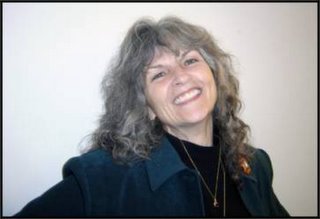Elementary Émigré
I came here a six years ago.
I was but a babe.
I was born in another land,
Not the land of my mother’s birth.
My mother speaks two languages –
Italian and Vietnamese –
And I speak two languages,
But they are not the same.
My mother escaped her land
Spending antique jewels for a boat ride
Not knowing that neighbors
Would attack and take the food
And water from innocent passengers.
I don’t know this from my mother.
She doesn’t talk of this.
I read books and watch movies
And listen when the old ones talk.
Then I imagine how things really were.

